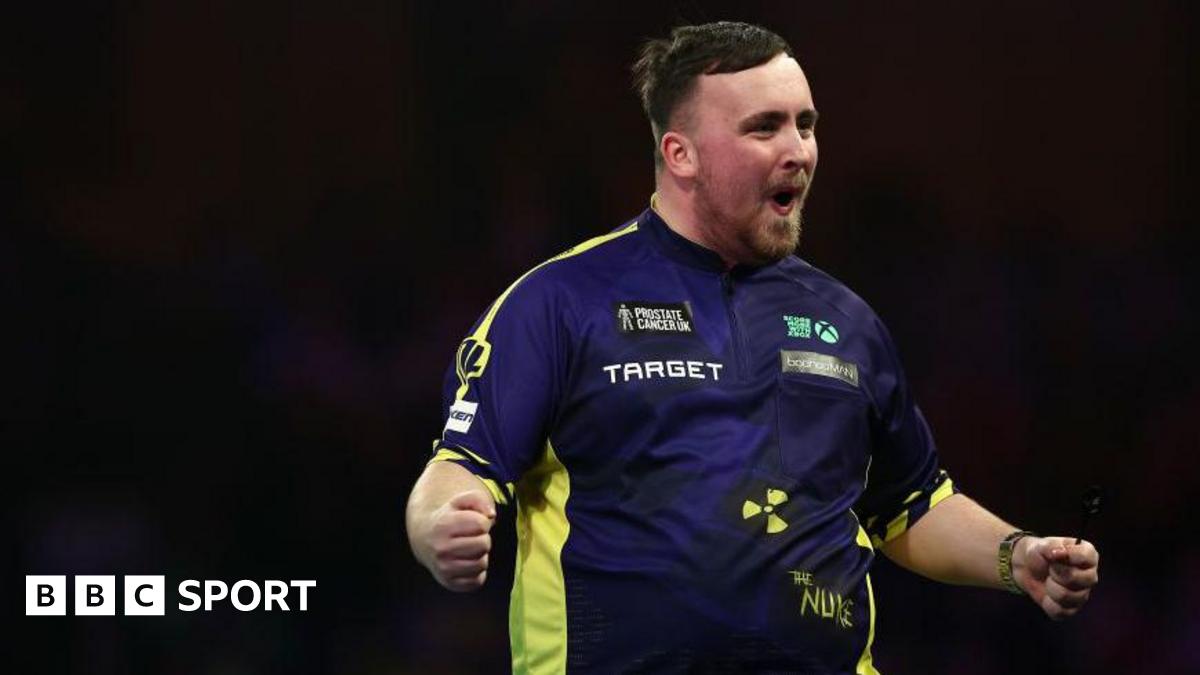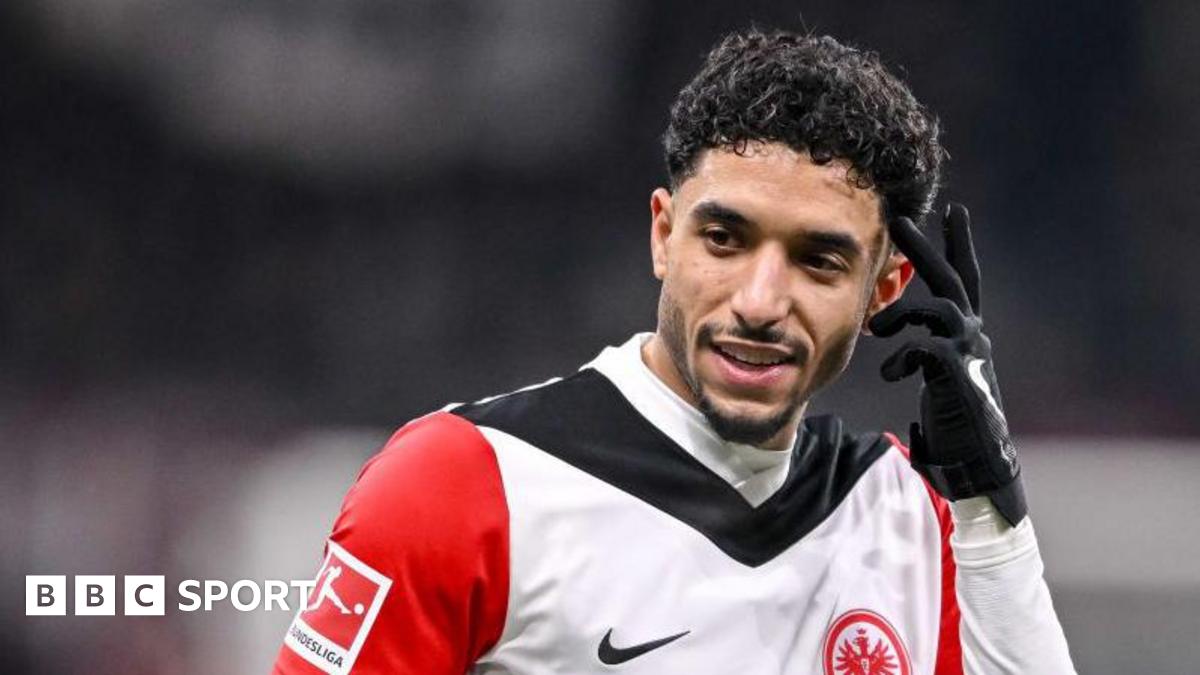ARTICLE AD BOX
When Brazilian tennis player Joao Lucas Reis da Silva posted a loving birthday message to his boyfriend on Instagram, he did not think it was a big deal.
After all, Reis da Silva had previously uploaded personal photographs of his partner Guilherme Sampaio Ricardo on other birthdays, and also on Valentine's Day.
Their relationship was not a secret. Neither was Reis da Silva's sexuality.
The difference on this occasion was last month's post - which had a longer shelf life than the 24-hour stories which he previously posted - attracted more eyes.
It quickly became viral. Why? Because Reis da Silva had unwittingly become a trailblazer.
The 24-year-old is the first active professional men's player to announce to the world he is gay.
"This wasn't the time I came out. I came out before that. About five years ago I told my parents, friends, coaches and players who I train with," Reis da Silva told BBC Sport.
"But I understand a lot of people who don't know me didn't know that. So the post was a big thing and created a big buzz.
"I didn't know I was the first [active player to come out publicly]. It wasn't my goal to do that, or to inspire people.
"I'm not an activist, I'm just a tennis player who is gay. But if more men's players came out as a result, that would be great."
There is a paradox in the tennis world surrounding sexual orientation which has continued for decades.
Many female players, past and present, are openly gay.
Two of the sport's iconic stars, Billie Jean King and Martina Navratilova, who between them swept the Grand Slams from the 1960s through to the 1990s, are proud activists who have become role models for others.
"The gay women's players are used to having someone before them - like Billie Jean and Martina," said Reis da Silva, who reached a career-high ranking of 204th in November 2023.
"They have these people who are out and I think it means it is easier for them to talk about their own sexuality."
In 2017, American Brian Vahaly became the first ATP player to come out as gay - a decade after he ended his professional career.
Until Reis da Silva, no active player on the men's tour has felt comfortable to do the same thing.
Aside from a lack of role models, various other reasons have been put forward.
Travelling to countries where homosexuality is illegal and the hypermasculinity of the ATP Tour locker rooms are frequently cited.
"When I was in the closet, I used to hear a lot of bad comments about homosexuality and gay people - in the locker rooms and around the courts. It was day after day," said Reis da Silva.
"After I came out to my friends and the people around me, I stopped hearing those things - that is important.
"When these people have someone who is gay around them, they stop making these comments and it creates a better environment."
The amount of attention that Reis da Silva has received, particularly from overseas, seems to have caused an element of bemusement to the player and his partner.
What feels so natural to the couple has attracted interview requests from journalists across South America, the United States and Europe.
Reis da Silva has received messages of support from King, as well as leading Brazilian players Thiago Monteiro and Bruno Soares.
The number of his Instagram followers has climbed from 7,800 to over 25,000.
Reis da Silva has felt a "different energy" - in real life and online - since the post.
Once the shock of the attention subsided, the vibe of positivity allowed his game to flourish.
The following week he won the Procopio Cup in Rio de Janeiro, earning himself a coveted spot in the qualifying draw for the city's ATP 500 event in February.
"It is amazing how many good messages I received - people saying they admired me and I inspired them. I loved to read that," Reis da Silva said.
"I was scared of the hate and people saying bad things - but I didn't receive much of that. It was just a tiny part. The positivity has been overwhelming.
"Maybe it was just a coincidence that I won after the post, maybe it was something different."

 1 week ago
4
1 week ago
4








 English (US) ·
English (US) ·